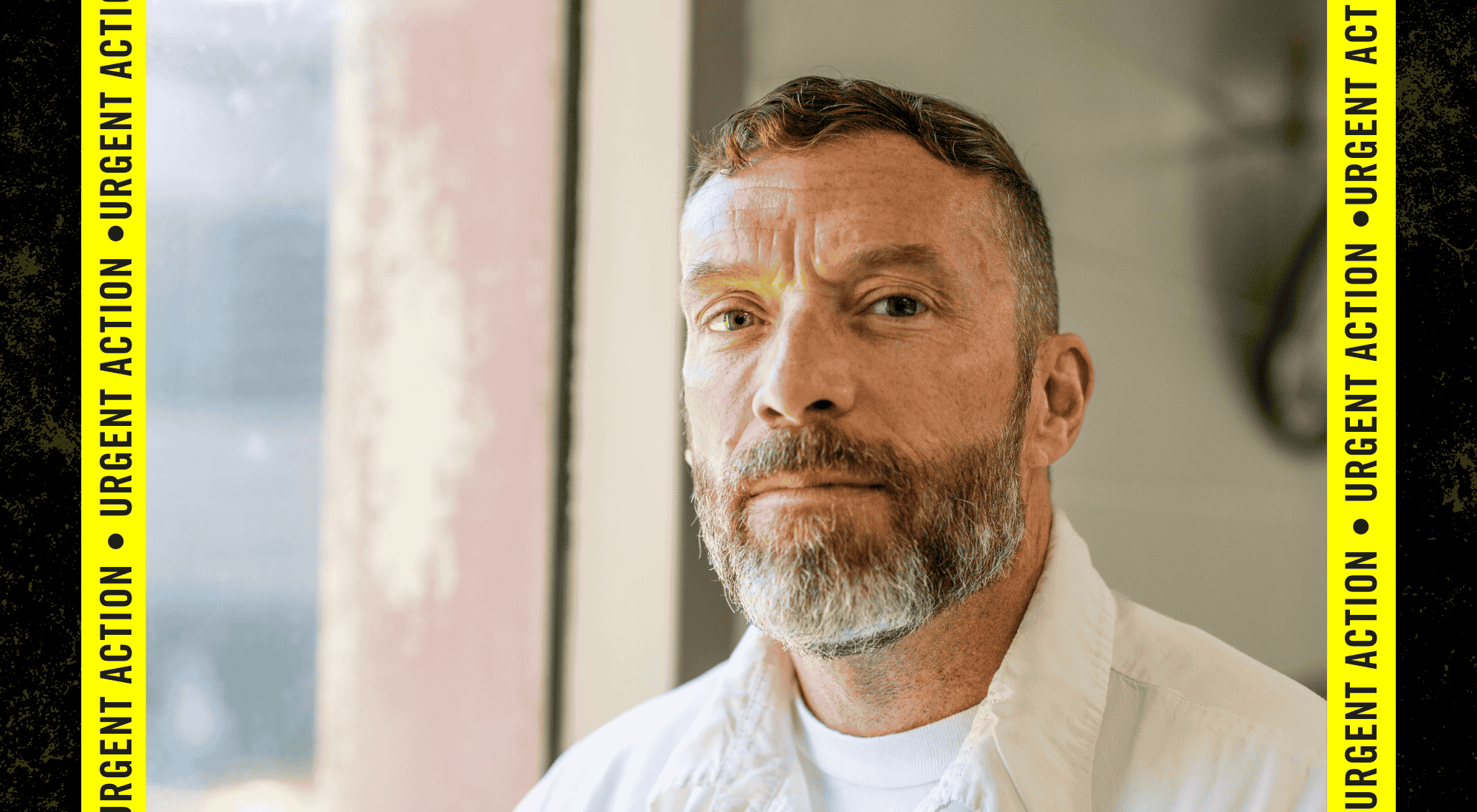Lance Shockley is scheduled to be executed in Missouri on October 14, 2025, for the 2005 murder of a police officer. After the jury could not reach a decision, the judge imposed the death penalty.
Concerns about misconduct by the jury foreperson were not properly challenged by the defence. Several judges on the Missouri Supreme Court, the U.S. Court of Appeals, and the U.S. Supreme Court have stated that Shockley’s claim of inadequate legal representation is strong. However, his ability to pursue this claim has been restricted by the Court of Appeals.
We are calling on the Governor of Missouri to commute Lance Shockley’s death sentence.
Here’s what you can do:
Write to the Governor of Missouri urging him to:
- Halt Lance Shockley’s execution and to commute his death sentence.
Write to:
Governor Mike Kehoe
Office of the Governor
PO Box 720
Jefferson City, MO 65102, USA
Email: https://governor.mo.gov/contact-us/mo-governor
Salutation: Dear Governor,
The case against Lance Shockley
Lance Shockley was charged with the 2005 murder of a police officer who had been investigating a fatal drunk-driving accident from the year before. The state’s theory was that Shockley killed the officer to stop the investigation into his alleged role in the accident. The defence argued that police unfairly focused only on Shockley, ignoring other possible suspects.
Jury misconduct and defence failures
At Shockley’s 2009 trial, a juror who later became foreperson disclosed that he had recently written a book, but no questions were asked about it. The juror’s son was a police officer. The book turned out to be a “fictionalized autobiography” containing a long, graphic description of a revenge killing after a drunk-driving incident.
Despite instructions to avoid crime-related media during deliberations, the foreperson distributed copies of his book to several jurors. The jury found Shockley guilty after five days of deliberation. When the details of the book surfaced, the defence lawyer moved for a mistrial but declined to question the foreperson or call any jurors as witnesses. The judge denied the motion and later sentenced Shockley to death after the jury failed to reach a unanimous decision on punishment.
Appeals and legal concerns
International law requires adequate legal assistance at every stage of a capital case. On appeal, the Missouri Supreme Court acknowledged flaws but ruled that Shockley had not suffered prejudice. One judge dissented, pointing to the foreperson’s “virulently anti-defendant” novel and the defence lawyer’s failure to challenge it.
In 2023, a U.S. District Court denied Shockley’s appeal. A divided Eighth Circuit Court of Appeals also refused to grant a certificate of appealability (COA), with one judge dissenting. In other U.S. federal circuits, her vote would have been enough to allow the appeal to proceed.
When Shockley’s lawyers appealed to the U.S. Supreme Court, two dissenting Justices criticised the lower courts, saying it was “difficult to see” how failing to call witnesses for a mistrial in a capital trial could be considered effective legal representation.
Claims of innocence and human rights concerns
Shockley maintains his innocence. There is no direct evidence linking him to the crime, no DNA, fingerprints, weapon, or eyewitness testimony. His lawyers describe the case as weak and are seeking new DNA testing of crime scene evidence. A lower court denied the request, and an appeal is ongoing.
Shockley is described as a positive influence in prison, counselling others and helping to defuse conflicts. International law states that the purpose of prison should be rehabilitation and reintegration.
Since 1976, there have been 1,637 executions in the U.S., including 101 in Missouri. In 2025 alone, 30 executions have already taken place nationwide. If carried out, this would be Missouri’s first execution of the year. Amnesty International opposes the death penalty in all cases, without exception.
Please take action as soon as possible until October 14, 2025. The UA will be duly updated should there be the need for further action.
























